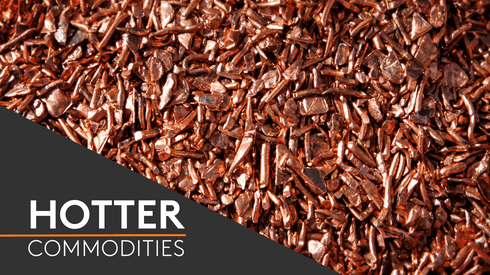Base metals prices on the London Metal Exchange were mostly lower at the close on Thursday January 11, with nickel prices falling 2%. Read more in our live futures report.
Here are how prices looked at the end of the day on Thursday.
Metal Bulletin has learned that operations at Glencore’s Pasar copper smelter in Indonesia have been suspended since last week due to a leakage of sulfuric acid, hindering the smelter’s consumption of 720,000 tonnes per year of copper concentrates.
In China, annual refining charges (RCs) for imported blister copper have increased slightly in 2018 – while China’s copper smelters are looking to import more material to fill the supply gap due to a cut in copper scrap import quotas.
Huayou Cobalt and Posco will invest in two joint ventures in China’s Zhejiang province to produce lithium-ion battery materials.
Auto shredders in the United States are raising prices, based on the strength of the Midwest scrap market and with the expectation that the grade will perform well in February.
Meanwhile, US wire rod import prices have weakened slightly but activity was generally limited to only a few traders in the spot market.
The LME reported that it ended 2017 with no queues at any exchange-approved warehouse for any metal – pushing through the queues left at ISTIM Metal LLC’s warehouse in New Orleans.
German steel distributor Klöckner & Co. is seeking a potential buyer for its Brazilian arm, which the company is doing while it develops a plan to focus on business with higher margins.
Brazilian steel mill CSN increased its flat steel prices to the local distribution chain by 12%, multiple sources told Metal Bulletin.



